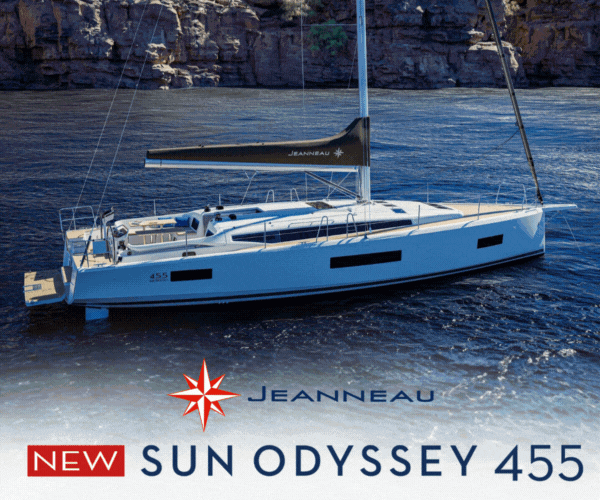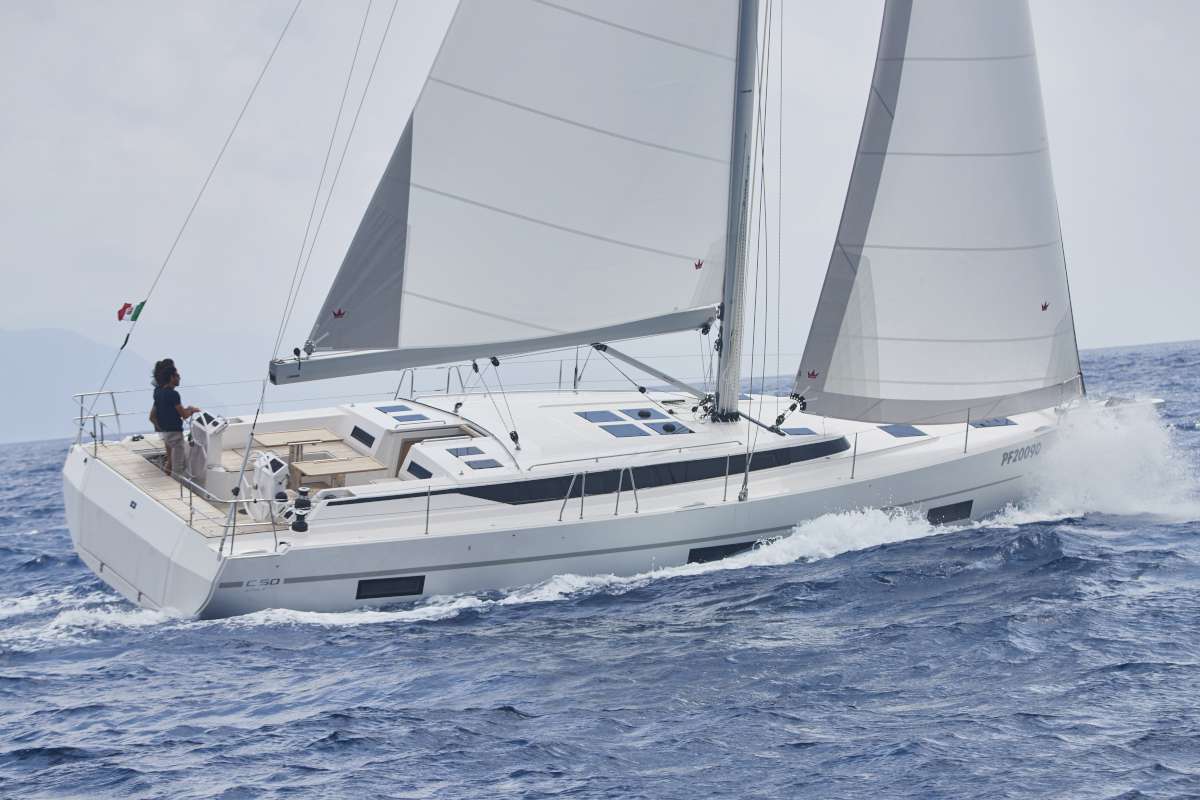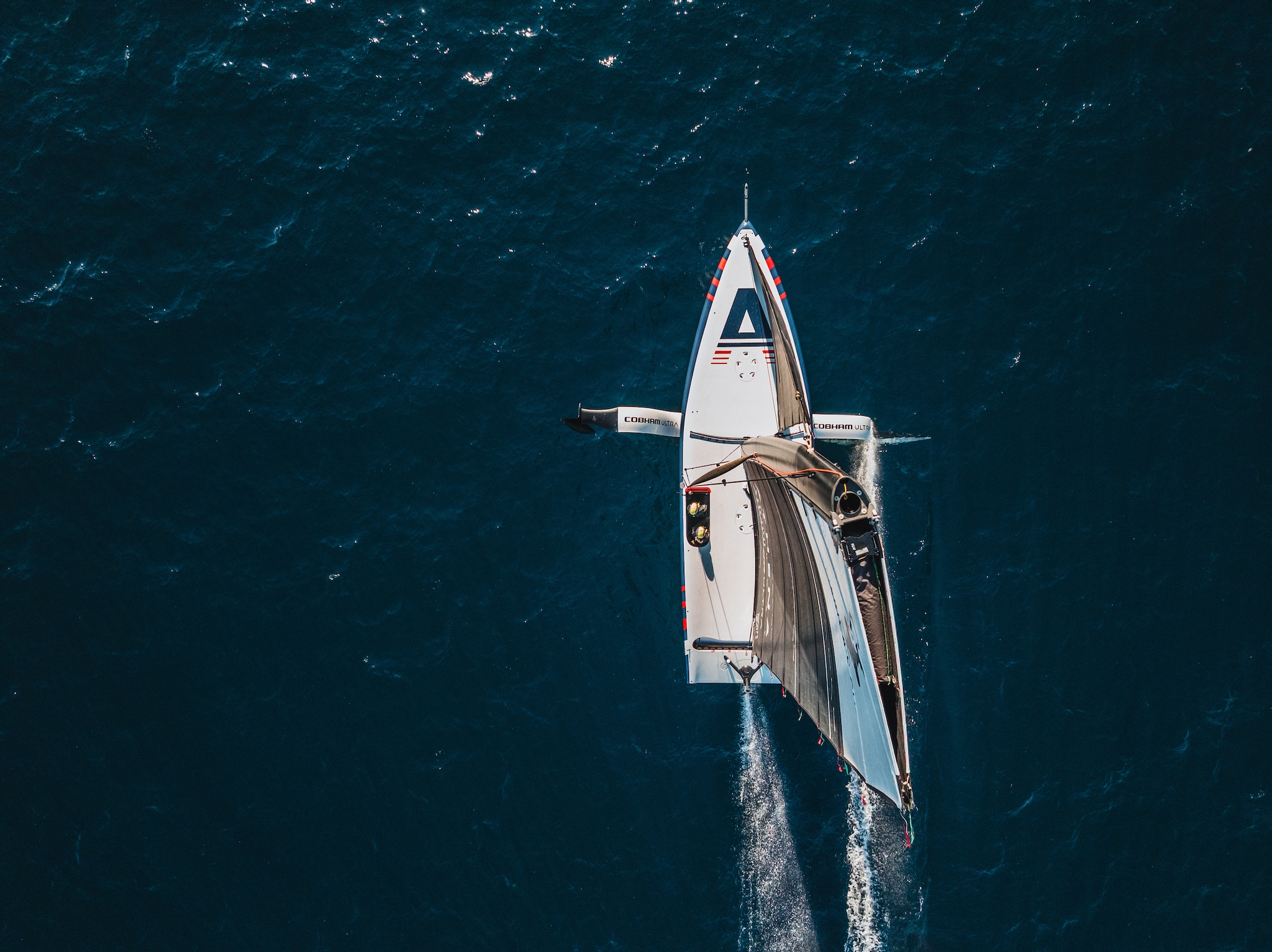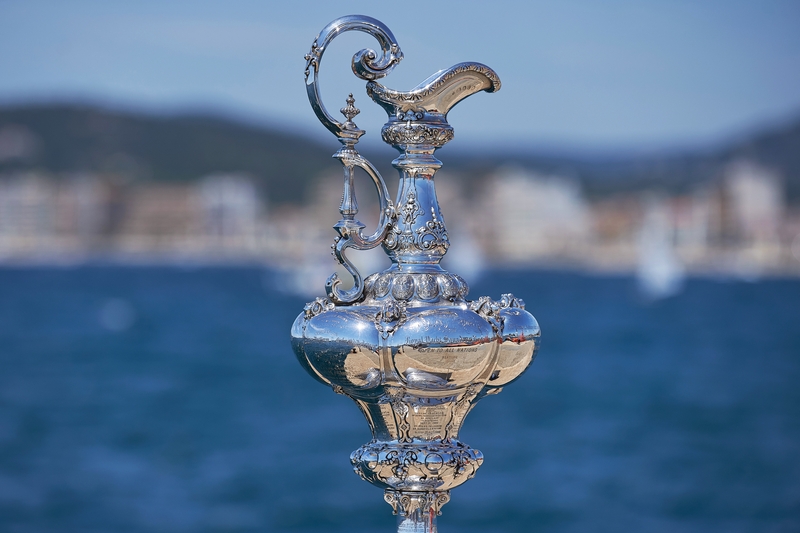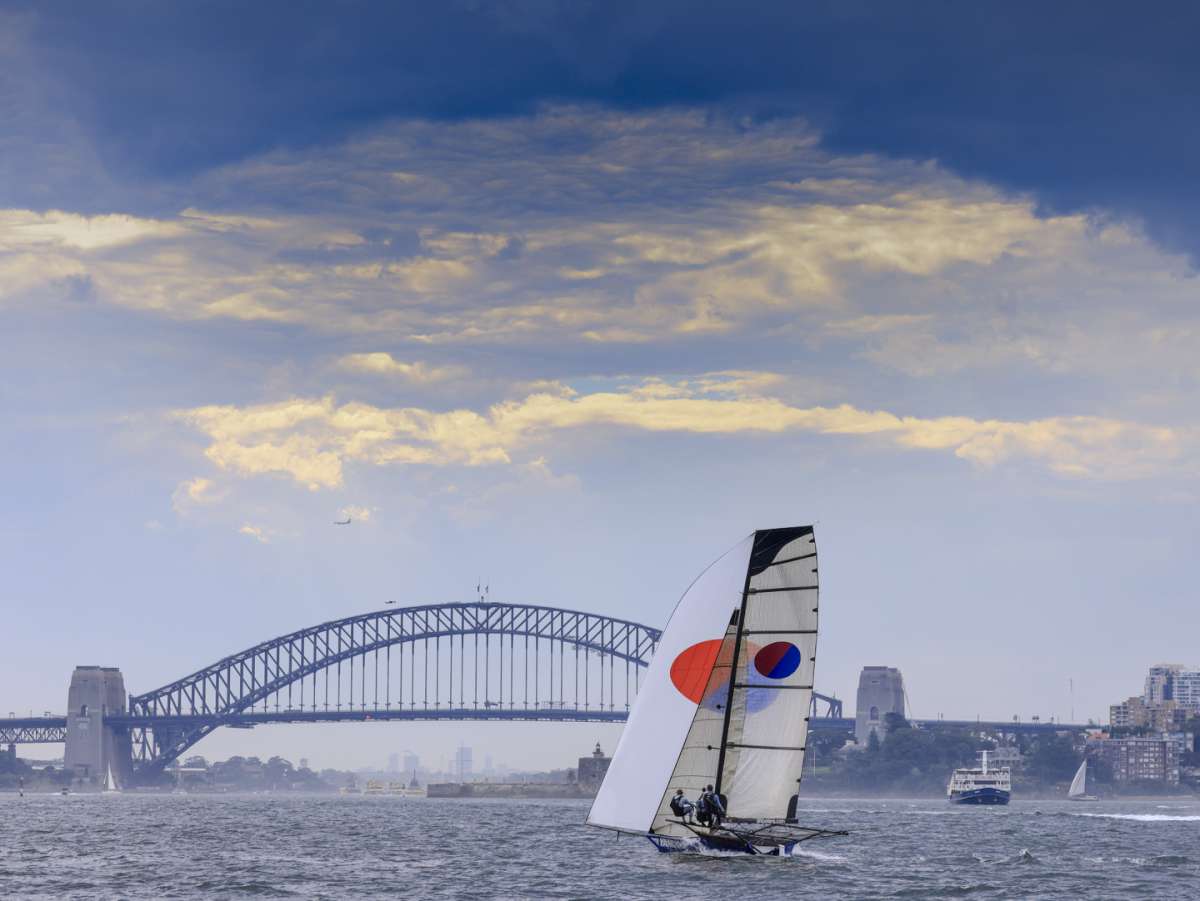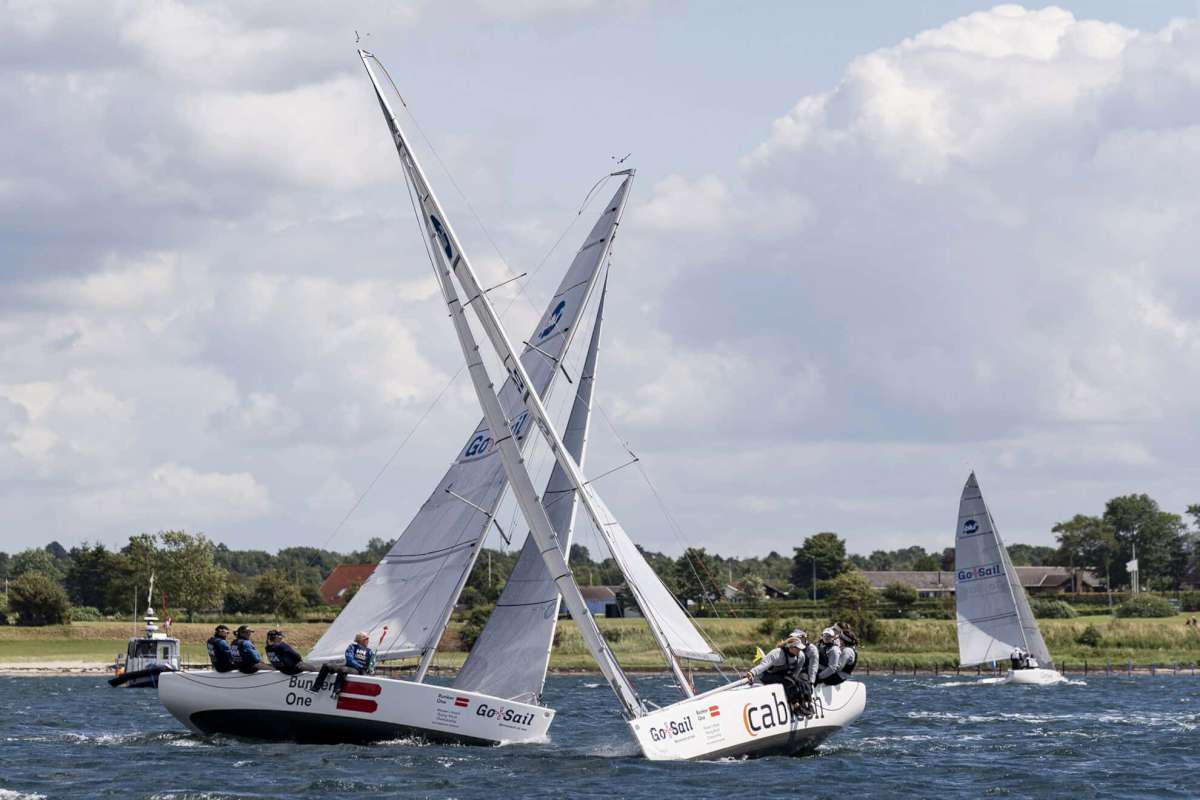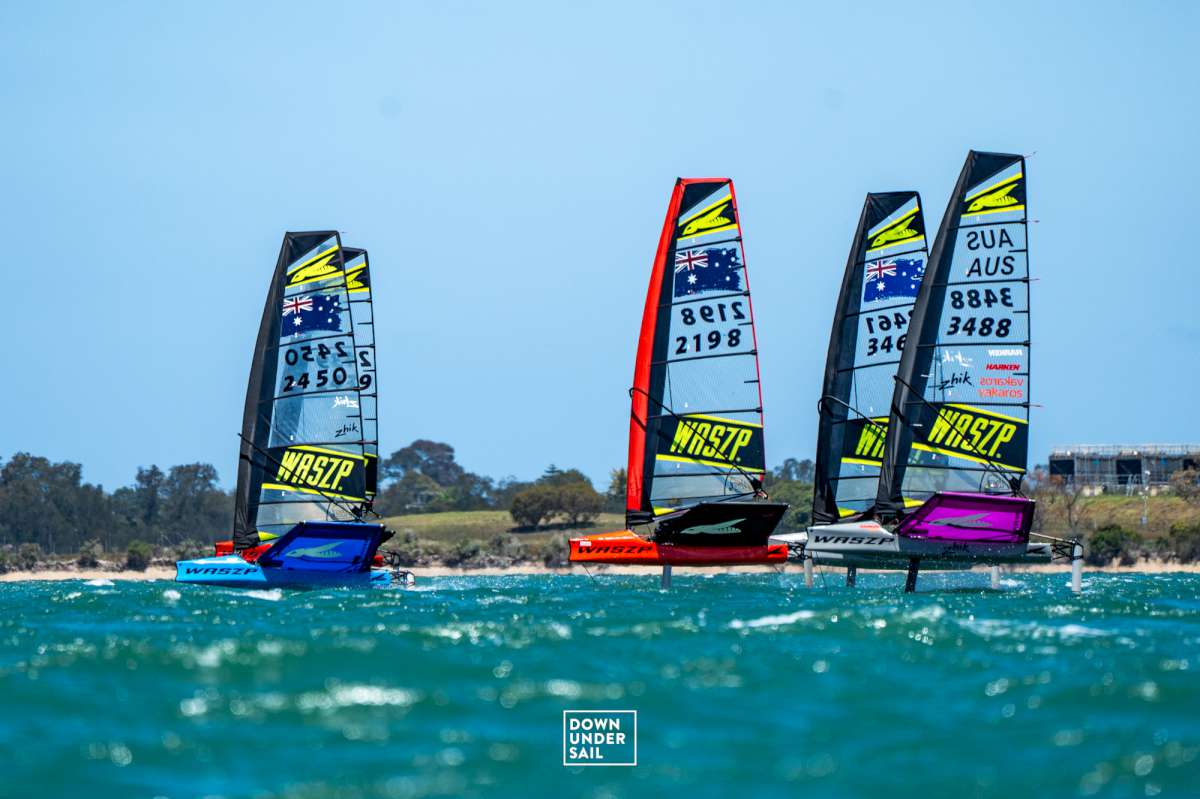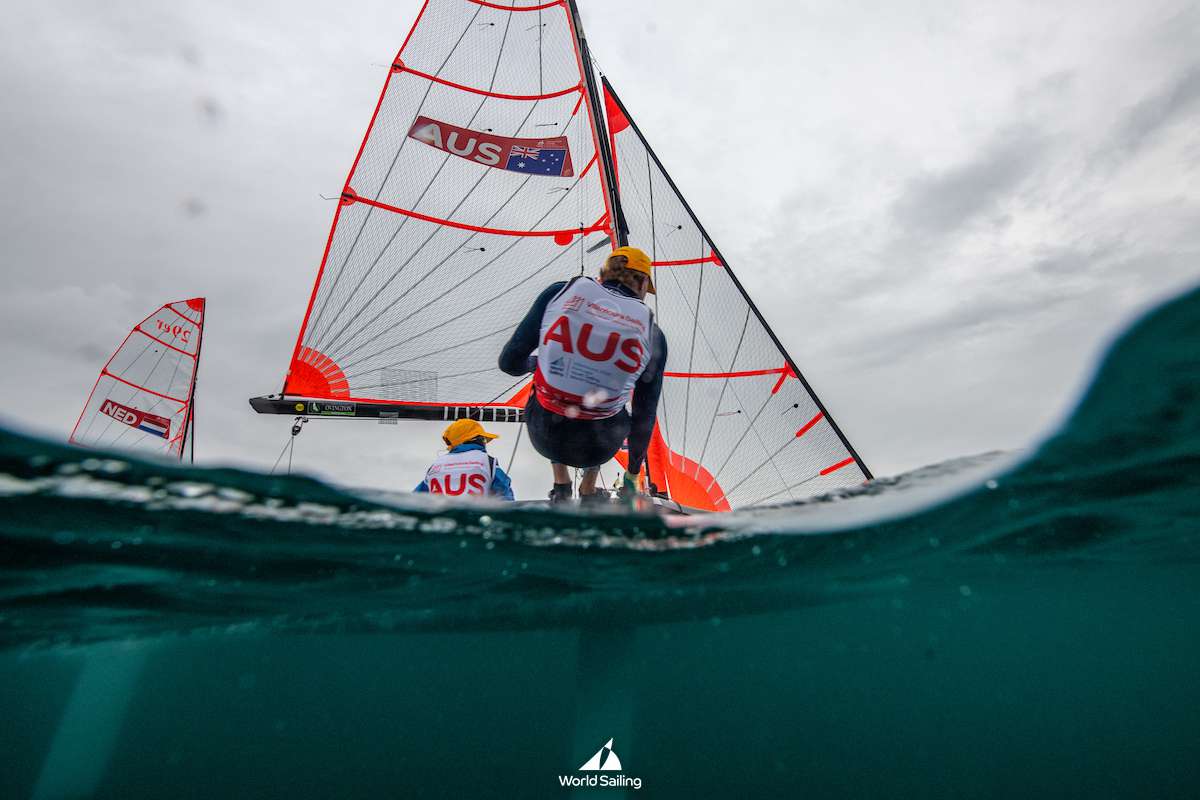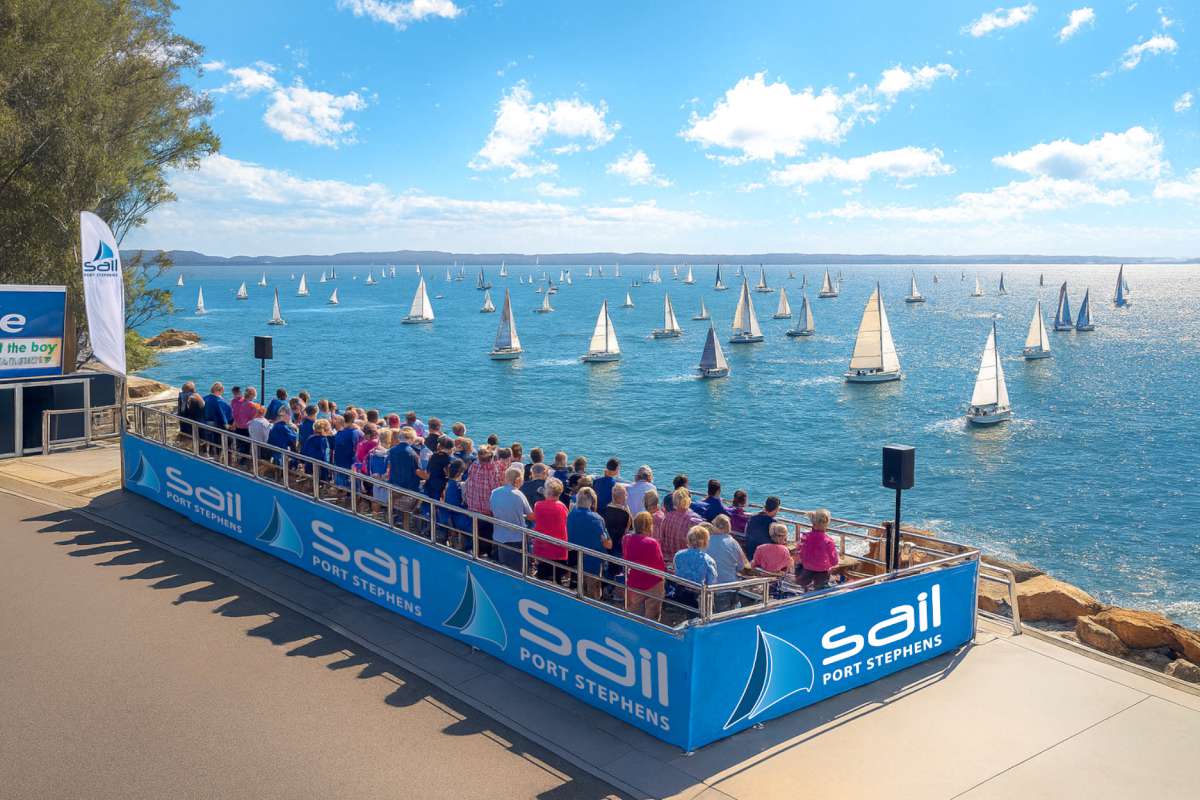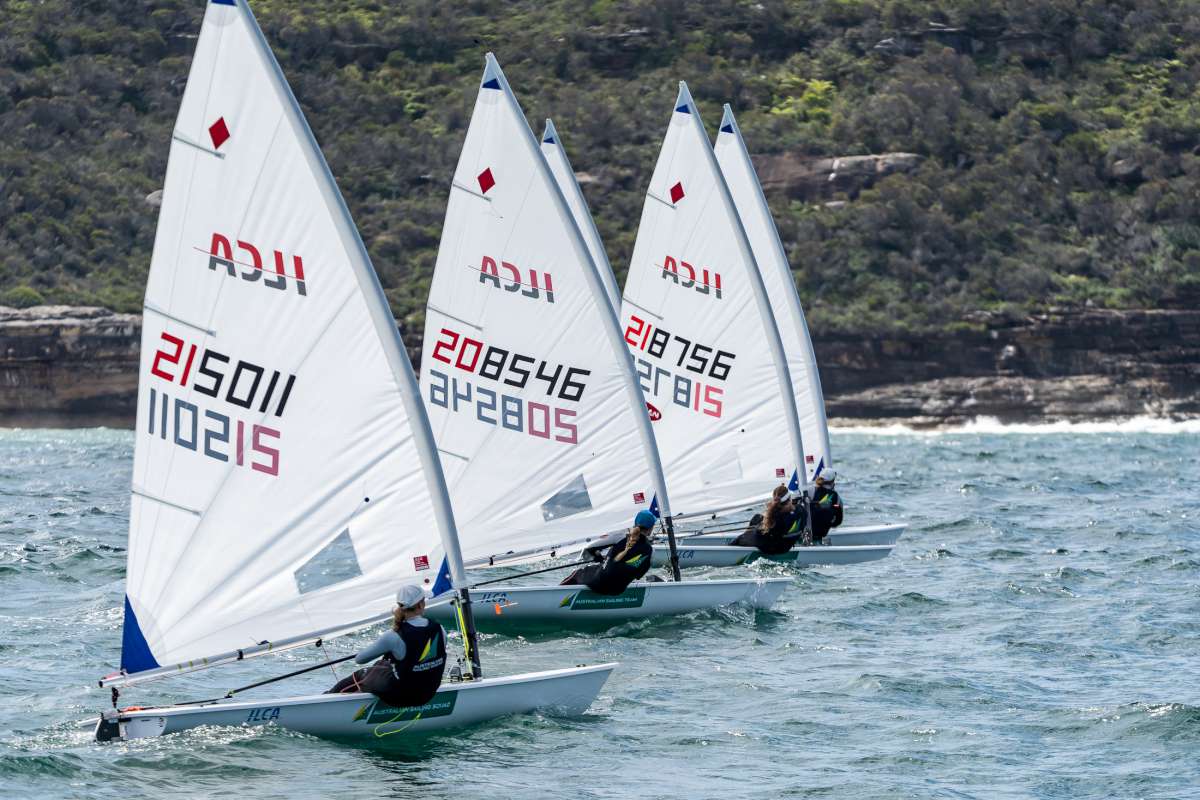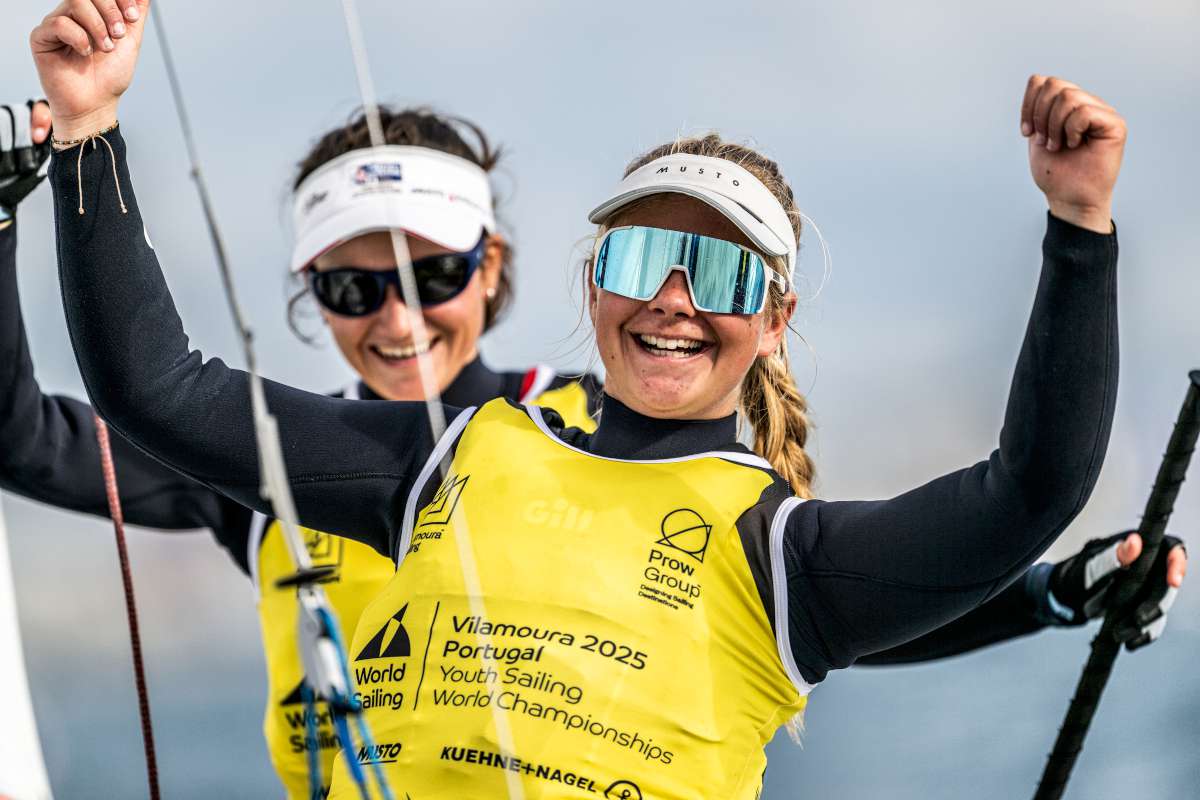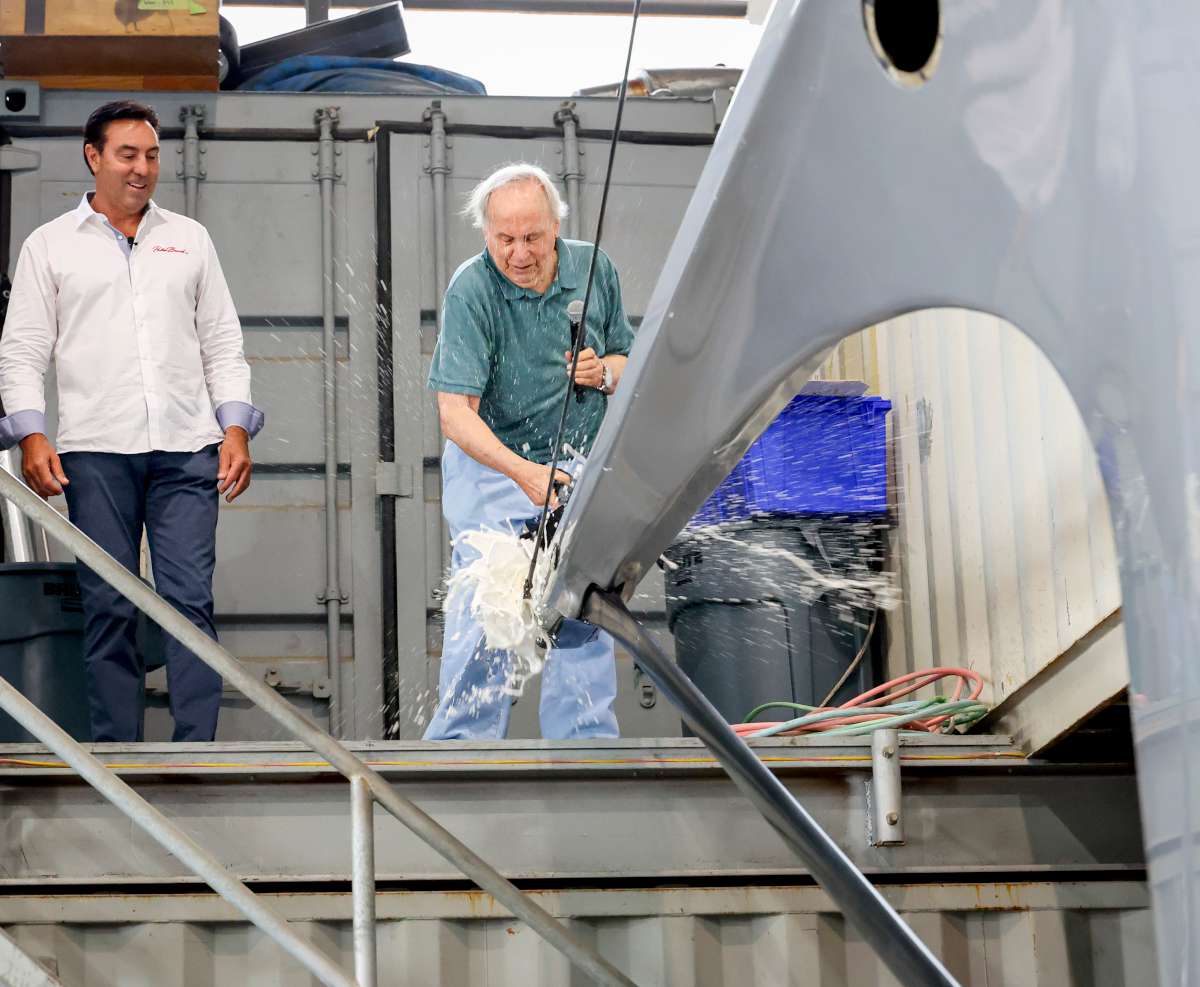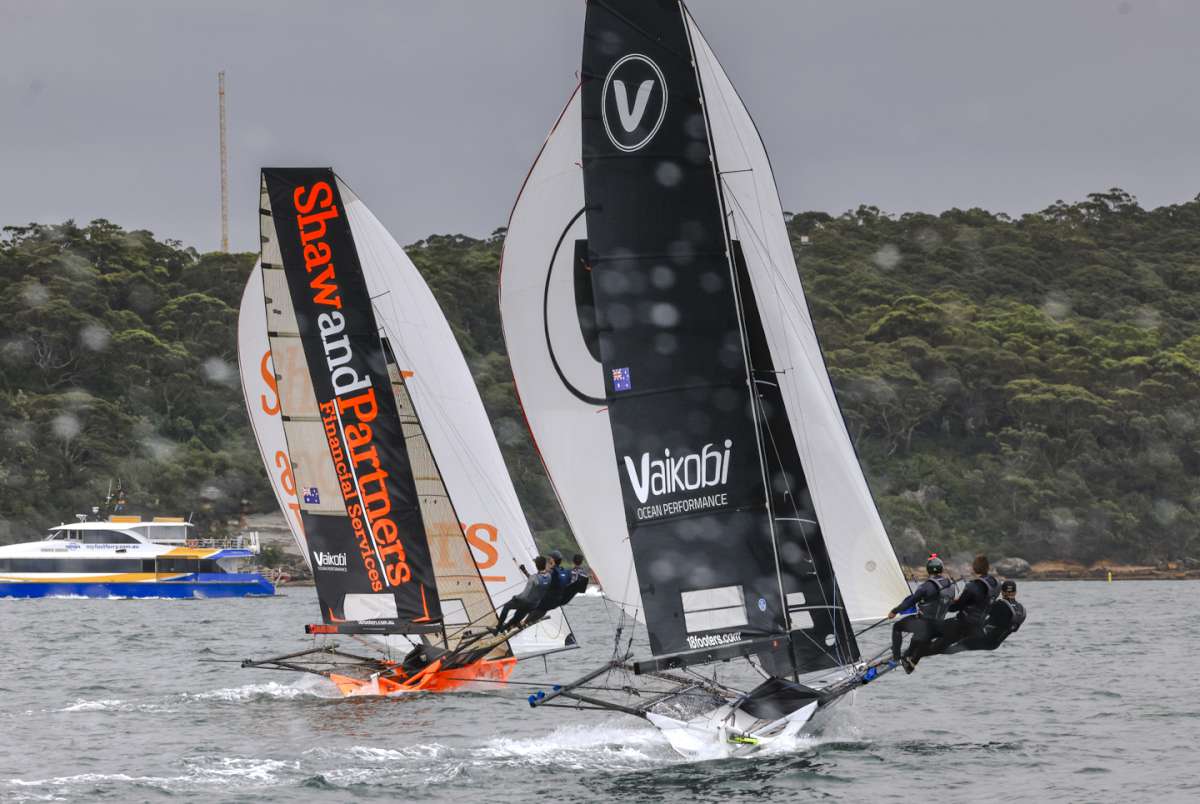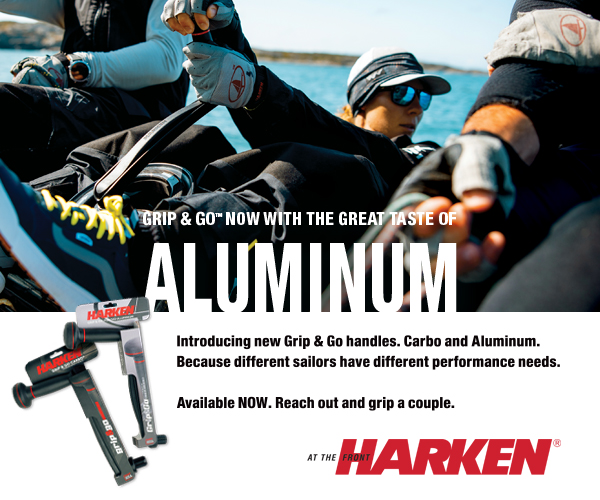Bathed in the soft light of a new day, Playa Zipolite some 80 kilometres east of Puerto Escondido on Mexico’s southwest coast, looked like a poster child version of today’s modern Corona beer billboards.
But unfortunately, the beer commercial comparison stopped there as the matchbox full of dead ants in my pocket painfully reminded me. This was not how it was supposed to be, I told myself as I slowly waded ashore. Not what I had envisioned a week ago when, almost by divine intervention, I had suddenly found myself the recipient of a hitched ride south aboard a 30 something monohull. How had it come to this?
A partnership forged with good intentions
Flier-plastered yacht club notice boards around the world were once the primary means of bringing together boat owners and aspiring crew.
Notice boards with crew-finding classifieds acted as siren songs for young and old alike. Today, type ‘crew needed’ into a Google search and in less than a quarter second, 183 million results pop up. Nearly instant access to a virtually endless supply of potential individuals hoping you will assist them in helping you. Yet, while the technology in locating willing and able-bodied crew has moved forward, the process of sorting through the pretenders from the contenders is best left unchanged.
Vetting
Like nearly everything today ‘Latitude 38’ the popular US cruising magazine, has gone digital. Allowing easy downloads of their print versions and, at the same time, facilitating even easier crew finding connections.
In doing so, there exists a small paragraph near the bottom of its crew finding page fittingly, just under the ‘Tips’ heading, that lays out a creed of sorts for anyone considering taking hitching sailors on board.
It reads: “Use common sense. Do the best vetting you can. Ask for references. Remember that people are very different. Hope for the best, assume the worst.”
My vetting process was informal, consisting of a day sail and dinner aboard, in town and in a large group setting. I wanted a ride which this friendly French couple was offering and we got along. What else was there?
A lot more according to Andy Turpin managing editor at ‘Latitude 38’. Turpin, who rubs elbows with aspiring hitching crew every year while overseeing the Pacific Puddle Jump Rally out of Panama, says “it’s really important to make your expectations crystal clear as a captain and not automatically assume everyone’s just going to go along with your captaining scheme.”
He adds he has heard of more than one captain going so far as to put duties and expectations in writing, as in a contract.
Whether in writing or not, Turpin stresses the importance of not shying away from the difficult or awkward and asking “all the tough questions up front.”
This, he says, should include romantic intentions with Turpin admitting the bulk of the horror stories he receives revolve around “guys who pick up female crew and then have their own expectations.”
With a couple hundred thousand miles under their belts, Lin and Larry Pardey stress the importance of shake down sails with prospective passengers, of watching them as they look and move around your boat, asking pointed questions regarding their sailing background, of trying to get references verified and not forgetting to stress that work done before departure is on a trial basis. Yet near the top of their list, says Lin, is communicating and trying “to decide if you would enjoy talking with this person over the next weeks when you are at sea.”
Regarding money issues, Steve Colman of S/V Liberte adds, “we find that asking [hitchhikers] to contribute a per diem daily allowance up front tends to sort out the freeloaders.”
KISS and start slow
Back in 1973, when Jack and Jude Binder first began their sailing lives with their two small children, they would take sailing hitchhikers on board to simply “help pay the bills”.
As for duties while sailing, Jack and his wife tended to keep expectations low for their passages which ranged from four to five days up to three weeks. Nothing was ever put in writing but their general practice was to follow the ‘Keep it simple stupid’ philosophy and have paying crew simply do the washing up. “Those that had experience would help with the sail work, but Jude and I always stood watch,” says Jack.
Yet, as Bronwyn Zemanek’s tale can attest, even the best laid plan can sometimes come up woefully short. Zemanek says she and her husband had discussed their trip and their expectations beforehand with a 20-something backpacker for a run between Tanna Island and Port Villa on their 35 foot monohull. “All we wanted was for her to play with the kids; to keep them occupied while we sailed the boat and make us some cups of tea and coffee.” Such was the plan.
The reality, Bronwyn says, was the children ages one and two and a half were ignored, the backpacker occupied the cockpit space usually reserved for the person on watch, tried to helm the boat in 20-plus knots while flying the spinnaker and hand steering and then, when approaching their destination in the dark, suggested everyone could turn in as ‘she had done this before’.
“Basically, she was more work than help and a distraction,” and, as such, she and her husband have vowed to never again take anyone on board who is not family.
As for myself, the speed and the wind in my face as we put Puerto Escondido behind us and the prospect of my first night ever at sea was nothing short of intoxicating. But what goes up must come down and, despite being told early that afternoon I would be helping with the first night watch, I promptly slept most of the evening away including my watch. Justifiably, it was the first strike against me.
Galley issues
Strike two would come a couple days later with the presentation of my first attempts in the galley.
“Avocado….on…crackers….for dinner?” Norbert deadpanned, as if just told he would be dining on the cockpit seat cushion that evening.
Considering Norbert was an instructor at a fairly prestigious culinary school in the US and that I had seen him repeatedly cram his hulking 6’4” frame below deck hunched over a miniscule galley space to produce stunning seafood dishes compliments of the fishing lines we were trolling, it escapes me now how I could have expected any different of a reaction.
My backpacker-oriented, three-tiered culinary philosophy of ‘cheap, quick and easy’ was never going to cut it. Not surprisingly, my galley chores were quickly relegated to heating water for coffee and tea. Soon after, the terse, French dialogues began. The ironic turn of events was not lost on me.
Such a turn of events is hardly surprising for Lin and Larry Pardey who have written extensively on all things food related while at sea. Bullet points range from drinking policies and food stipends to food rationing and how to avoid too many chefs in the kitchen, each with the goal of maintaining harmonious crew relations. Lin says simply, “this may sound a trifling matter but at sea, trifling matters can create ego bruising blow ups.”
Cargo and other legal implications
True, a combination of sleeping through watch and lack of effort and proficiency in the galley did not help my cause.
The case of ant infestation emanating from my own backpack, however, sealed my fate. An entire ant colony compliments of weeks of budget overland travel, holed up in rock bottom accommodation and a couple street tacos, partially eaten, tucked away and then forgotten.
Norbert’s face as he stared over the rail at my promptly emptied and bobbing backpack said it all, “sacre bleu, it should be you.”
As he would reiterate countless times, if his fears proved founded such ants were of the wood eating variety, I had endless days of work emptying his wooden vessel for proper fumigation purposes staring me in the face. In the end more than one Zipolite villager would assure me “las hormigas no comen madera” – the ants don’t eat wood.
As comforting as such news was, however, the proverbial damage had been done. Even so, all of Norbert’s contempt for me aside, the situation of unwanted cargo on board could have been substantially more serious.
“What if they are carrying drugs or firearms and stash them somewhere on your boat?” Such is the not so rhetorical question posed by one preferred anonymous captain who cleared in to northern Queensland with a passenger described as a “superb cook and great company” only to moments later have them produce a box full of jewels that, essentially, he had smuggled into the country.
Says the captain, “we now have a rule that if we don’t know the person well, we insist we search all their belongings before they come on board.”
Andy Turpin adds that while guarding against issues of illegal contraband is hardly headline news for many of today’s cruisers, other foreign country clearing-in issues have caught other boat owners completely off guard. Turpin stresses he thinks too many boat owners are unaware that, “under international law, at least loosely, the captain is responsible for anyone he brings into the country.”
Responsible to the point of having to fork over repatriation money for having brought a ‘destitute’ person into a country with wary customs officials such as in Tahiti. “We’ve had some really unpleasant issues [regarding this scenario]”, says Turpin adding, “it’s a bit more complicated subject than most people realise.”
“We always ensured they had one or the other by sight,” says Jack Binder regarding sufficient funds or an onward ticket. The Pardeys concur, with Lin adding they ensure the expiration date on the passport they are checking has no less than six months remaining.
The million dollar question
So, drum roll please, is it really worth it?
Do the benefits of taking a stranger on board outweigh all the potential for conflict? Be them personal, dietary or legal?
At the Latitude 38 offices where Turpin says they deal with boat crew pairings in the “hundreds per year”, the answer is a resounding yes.
Lin Pardey, who labels their many dealings with strangers on board as “mostly OK” to “grand experiences”, recalls two of the more memorable. One being a young man who she says they were ready to adopt into the family and the other, a young Mexican fisherman with limited English speaking ability who, by the time their boat reached Ensendada, saw fit to take them to the local baths and, eventually, to meet some of his relatives. “What a fine party they put on for us.”
However, for me, as could only be expected, the party hats and confetti were not forthcoming. My litany of transgressions, which would go on to include a pair of Norbert’s sunglass being thoroughly trounced beneath my foot in my rush to help douse the main, assured my Guatemalan disembarcation was a foregone conclusion. Being third world Guatemala, proof of funds for my onward, overland travel was hardly an issue.
It appeared, finally, I had at least got that part right.
Jimmy Bua


